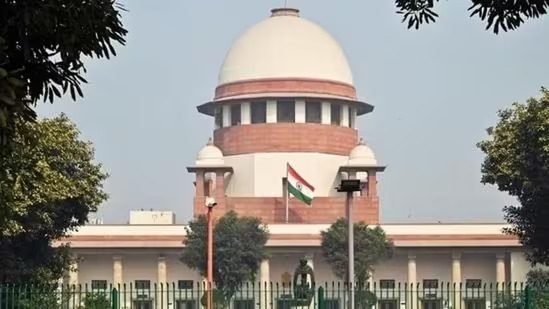August 14, 2024
New Delhi, India
Supreme Court
In a significant ruling, the Supreme Court has upheld the states’ authority to levy taxes on mineral-bearing land while clarifying the limits on the retrospective application of this power. The decision, which emerged from a nine-judge constitution bench, has substantial implications for both state governments and industries involved in mining activities.
Key Rulings: On August 14, 2024, the Supreme Court rejected arguments that its July 25 judgment, which affirmed the states’ power to tax mineral rights, should apply only prospectively. The Court clarified that states could levy taxes based on this judgment only for transactions occurring after April 1, 2005. This decision ensures that tax arrears cannot be imposed retroactively beyond this date, alleviating concerns of a heavy financial burden on industries.
Staggered Payment and Waiver of Penalties: The Court also provided a structured approach to settle any outstanding tax demands. Payments can be staggered over a 12-year period starting from April 1, 2026. Additionally, the Court ruled that there would be no interest or penalty on tax demands for the period before July 25, 2024, providing further relief to affected parties.
Bench Composition and Dissent: The ruling was delivered by a nine-judge bench headed by Chief Justice of India DY Chandrachud, with Justices Hrishikesh Roy, Abhay Oka, BV Nagarathna, JB Pardiwala, Manoj Misra, Ujjal Bhuyan, SC Sharma, and AG Masih. Notably, Justice Nagarathna dissented from the majority opinion in the original judgment on July 25, leading to the August 14 order being signed by only eight judges.
Background of the Case: The case has its roots in a 1989 dispute between the Tamil Nadu government and India Cements, where the state imposed a cess on royalty payments for a mining lease. A seven-judge bench initially ruled that only the Centre had the authority to impose taxes on minerals under the Mines and Minerals (Development and Regulation) Act, 1957 (MMDRA). However, the recent judgment overturned this decision, affirming the states’ power to tax mineral-bearing lands.
Centre’s Concerns and Solicitor General’s Arguments: Following the July 25 ruling, the Union government expressed concerns about the financial impact of retrospective tax demands, estimating a potential burden of ₹70,000-80,000 crore on public sector units (PSUs). Solicitor General Tushar Mehta argued for the judgment to be applied prospectively to avoid these financial implications. However, the Supreme Court ultimately decided against this request.
The Supreme Court’s ruling is a landmark decision that balances the states’ right to tax mineral resources with the need to prevent undue financial strain on the mining industry. By setting clear limits on the retrospective application of this tax authority and offering a staggered payment plan, the Court has provided a path forward that acknowledges the interests of both state governments and the business community.
Disclaimer:
CurrencyVeda provides this news article for informational purposes only. We do not offer investment advice or recommendations. Before making any investment decisions, please conduct thorough research, consult with financial experts, and carefully consider your financial situation, risk tolerance, and investment goals. Investing in the stock market carries risks, and it’s essential to make informed choices based on your individual circumstances. CurrencyVeda is not liable for any actions taken based on the information provided in this article.




